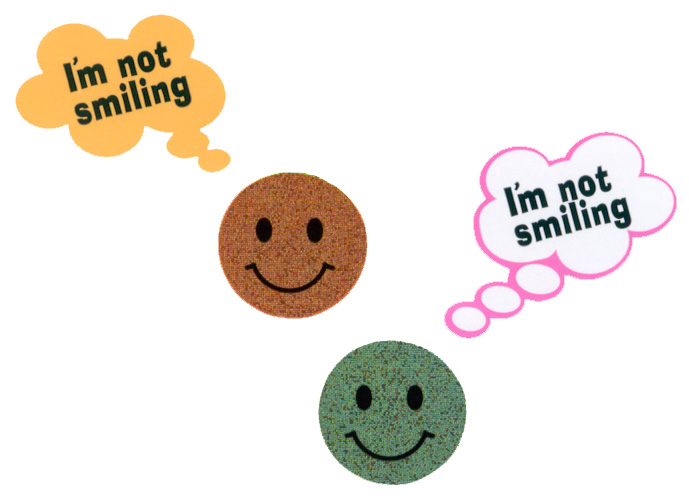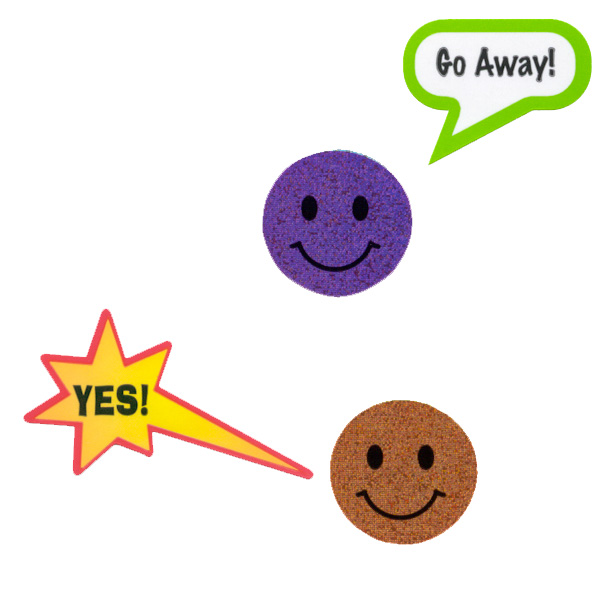Igby Goes Down - This Time, It's For Real (2002)

This was posted on a message forum about movies. I believe it was in the Now Playing category:

Let me preface this by saying how impressed I am with the high level of discussion here at this forum and the very intellectual tone. I would also like to beg pre-forgiveness if anything I say in my post comes across as ignorant, arrogant, flippant or even Pier Gynt.
Igby is proving to be quite the tool to look at why critics like and dislike certain films. I think much of what everyone's saying is sensible. But I might reserve arguing over the performances for those movies in which the acting is either so good or so bad that it is necessary to point it out. The next issue is whether the dialogue/screenplay is clever or 'thinks it's hot but is so not.' To say you don't like the film because you think Steers is too self-satisfied really says more about you than the film. And this would mean you also cannot like Nabokov, possibly Kubrick and a host of other great artists. Look at Woody Allen's many asides in Annie Hall not too mention his personal life. Frank Lloyd Wright was one cocky mofo, but do you think the people in the Unitarian Temple could give a shit? If the artist's self-smugness truly does get in the way of the art, then fine, it's not good art. But let's just worry about the art, and not speculate or project on how self-satisfied Burr Steers is. Bottom line. There is plenty of clever dialogue but it's highly subjective and best tabled until other issues are resolved.
Couple more quick points. First, whether you sympathize with Igby or not is also too subjective and a non-starter. Second, character development in the conventional sense may not be absolutely necessary. The Usual Suspects had character revealing rather than character development. Igby's characters may have minimal real development, and while there certainly is little to learn from them, there is a lot to learn about them. Suspects, of course, was more of a plot driven film than Igby, and therefore character development could be a valid point of attack.
There are three types of moviegoers. There are those who will cry at anything after sitting in a chair for two hours. I call this the English Patient effect. For them, a nice pat on the back and wish them well. Then there are those who say films are phony and contrived either because they think the director's too self-satisfied or they're still mad because they cried at the last film they saw. For them, I recommend more sunny days, a nice watermelon mohito and some reasonably priced counseling. Finally, there are those critics who are torn between the desire to enjoy films and their sworn duty to uphold higher cortical function (that means piss on phony films). It is for their souls I weep.

The big issue here is tone. The film has plenty of light hearted moments albeit under a constant cloud of melancholy, which some critics have said is just New York's air. The film also has several power slams, mostly involving Bill Pullman. Again, for the sake of argument, let's just say that all the power scenes were well done and capable of moving even those film goers in reasonable control of their emotions. The question is this. Is it okay to have major-mega tonal shifts like this throughout the film? Well, The Gods Must Be Crazy went from light hearted antics to deeply depressing when the bushman was in prison. Ah, but this was one shift. One easily followable shift. A dip and then we came up. As far as I know, eggs are round, boys shouldn't cry wolf, and most movies don't have this many tonal shifts. But maybe Steers is trying to say 'life is like that.' You never know when a box of chocolate is going to fly through the air and kill your best friend, twice. That sort of thing. I honestly don't know if it's okay to do what he's doing or not. I suspect it basically comes down to multiple orgasms. Can the third and fourth really be as good as the first? And if so, dammit.
*SPOILERS*
The Self-Made Critic just sent out a review basically saying he liked the film because of all the elements but something was missing. He couldn't quite put his finger on it, but perhaps I can. It's the screenplay (which relates to the tone problem). First, DH punching Igby was not only a shock, but it was out of character. Not that DH's character made the most sense or anything, but him doing that simply does not compute. I understand why he would do that, but the fact is, he just wouldn't have done it. This may seem like nitpicking, but it's huge because it creates one of these 'randomly inserted' tonal shifts. The lesson for Steers here, is that he needed to discuss things with me before moving ahead with them. Second, the 'dressing up Amanda Peet' to meet DH scene was redundant because we already got that he had soured on her. It was wrong for us to have to suffer through the humiliation. Normal people don't watch the game on tape if they already know the score, especially if their team lost. Burr take a lesson from Kubrick. In Barry Lyndon, we suffer as Lady Lyndon gazes upon Barry making time with some other woman in the garden. End of scene. Lesson: You show it. You showed it. Showing us the exhilarating preparation scene immediately followed by the humiliation creates a tonal shift, which is not only too large, but unnaturally abrupt and just mean to us. There is a great example of the 'preparation scene' in Hitchcock's The Trouble With Harry where the young artist (John Forsythe) and his friend give the old spinster a makeover for her date with Captain Wiles. The tone there is Autumn and stays that way pretty much throughout the film. It's a very underrated Hitchcock.

Finally, even though the Bill Pullman power scenes were great and so well done, and hell, I cried a little too. They just weren't properly integrated into any larger theme. Igby himself sort of makes this point. When he's sitting around the table and says what lesson does (Pullman) teach us, beware of schizophrenia? Sure this does happen to people in real life, but hey, this is not real life, this is a movie, and movies have rules. You can't just drop bombs like this without at least some plausible connection. One of my favorite depictions of schizophrenia is in Fellini's Amarcord where the uncle climbs up in the tree and won't come down until they find him a woman. That whole scene, from the horse drawn cart to the yellow-brown fields, to the lone tree, to the stucco asylum and little black gate, is the filmic equivalent of a Van Gogh painting.
Movies
Home
Igby Goes Down



